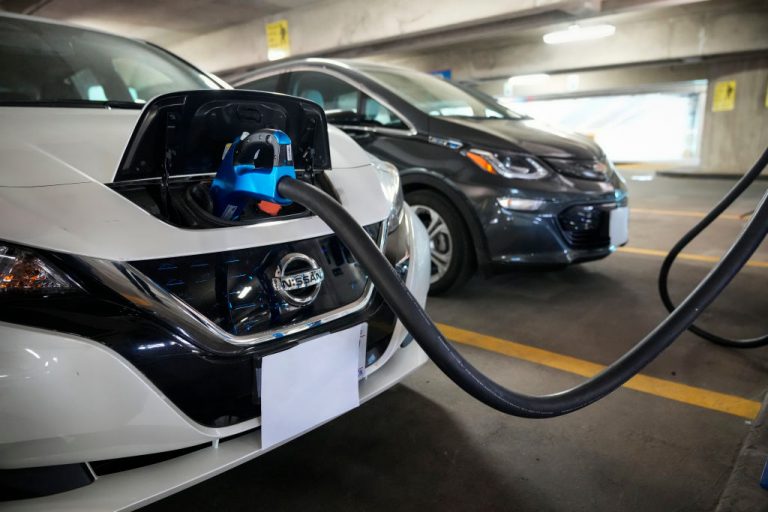On Sept. 8, New York Governor Democrat Kathy Hochul signed a bill that will ban the sale of fossil fuel-based vehicles in the state beginning in 2035. The bill was passed in the New York State Assembly, as well as the state Senate.
The new legislation requires new off-road vehicles and equipment sold in New York to comply with zero-emission targets by 2035. For medium-duty and heavy-duty vehicles, the law will apply, starting in 2045.
The bill is expected to help reduce state greenhouse gas emissions by 35 percent, eventually enabling the state to fulfill its goal of an 85 percent reduction in greenhouse gas (GHG) emissions by the year 2050 compared to 1990 levels.
The Governor also instructed the Department of Environmental Conservation to release a proposed regulation that would substantially reduce air pollution from trucks. The new rule is expected to result in accelerated sales of zero-emission trucks, ultimately resulting in “improved air quality statewide,” particularly among communities that are struggling with pollution caused by existing transportation activities.
Additionally, the law dictates that all automobile manufacturers develop a zero-emissions vehicle development strategy by 2023. This undertaking will be headed by the New York State Energy Research and Development Authority (NYSERDA).
Success
You are now signed up for our newsletter
Success
Check your email to complete sign up
“New York is implementing the nation’s most aggressive plan to reduce the greenhouse gas emissions affecting our climate, and to reach our ambitious goals, we must reduce emissions from the transportation sector, currently the largest source of the state’s climate pollution,” Hochul said in a statement.
She added that “the new law and regulation mark a critical milestone in our efforts and will further advance the transition to clean electric vehicles while helping to reduce emissions in communities that have been overburdened by pollution from cars and trucks for decades.”
Writing for Ars Technica, senior technology reporter Tim De Chant points out that only around one percent of new vehicles sold in New York are electric vehicles (EV). Convincing the public to move from fossil-fuel vehicles to EVs requires not only providing incentives but also developing the necessary infrastructure.
“The state will have to roll out a significant fast-charging network to facilitate long-distance travel, and it will have to encourage cities to install slower, level-2 charging infrastructure to allow renters and condo dwellers to charge. Such a network would include the usual places, like grocery stores and shopping malls, but also streets and parking garages,” Chant writes.
According to estimates made by New York City administrators, 800,000 level-2 chargers and 60,000 fast chargers need to be installed in the city by 2050.















